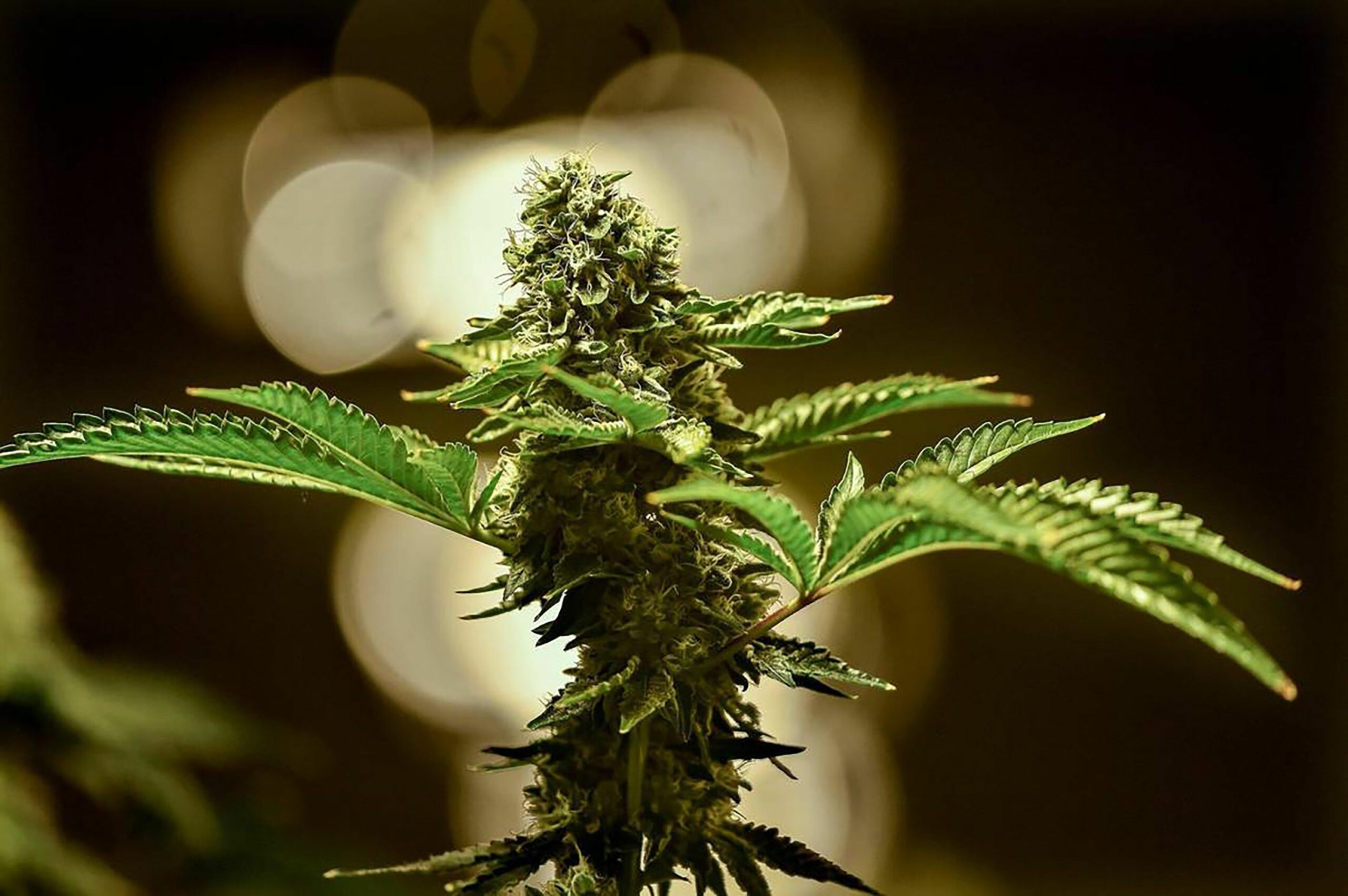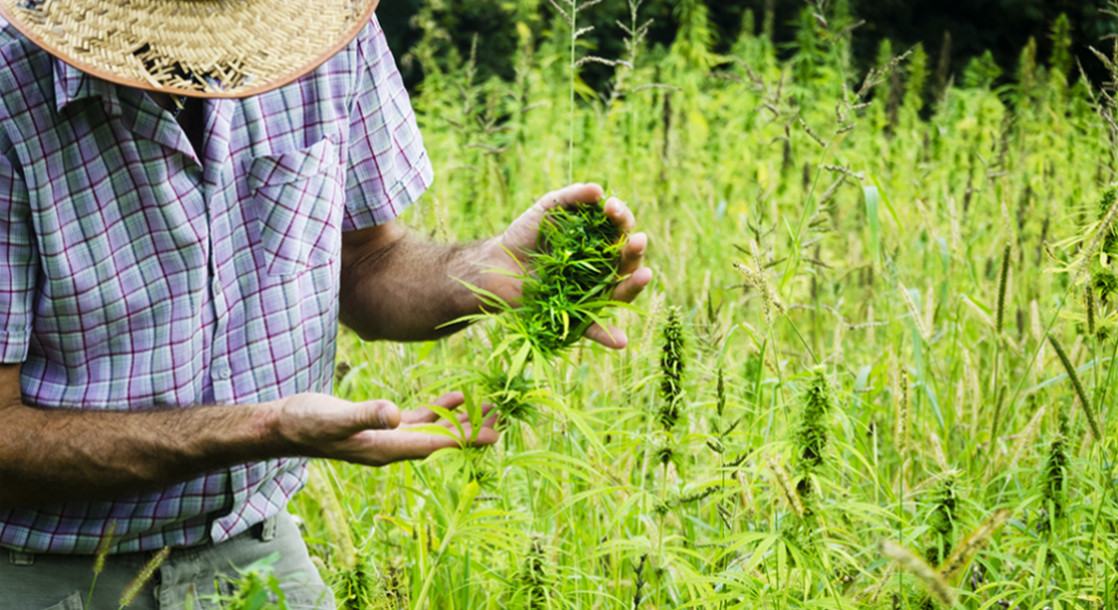Despite Mexico’s political standstill regarding cannabis legalization, the country’s farmers continue to insist on their right to cultivate weed legally. Guardian reporter Mattha Busby recently made it to Puebla’s second annual Toquefest, where agricultural workers insisted that their communities’ road to financial stability is by growing pot plants.
“Farmers must have the liberty to plant what they want, and not only when the government or corporations say they can,” Isidro Cisneros told the writer. “Since the [Mexican] revolution [which took place from roughly 1910 to 1920, and whose action whorled around campesino rights], no one has helped us: now is the moment for us to help ourselves.”
Cisneros is part of a group of farmers who have united in the group Plan Tetecala, whose struggle I traveled to the Mexican state of Morelos to cover for MERRY JANE back in 2021. The organization holds that campesinos have not only the right to cultivate their land (a right championed by revolutionary hero Emiliano Zapata), but also the right to choose what they grow in that soil.
To reinforce that right, the group has held public plantings of cannabis plants in the town square of the sleepy agricultural town of Tetecala, and held periodic informational fairs for people looking to learn more about the promise of pot farming. (You can find out more about these events on the group’s Facebook page.)
These efforts are important because—and this will come as a surprise to no one even remotely familiar with the pre-US-legalization history of Mexico supplying North America with pot—their country has already established that it’s pretty good at growing cannabis. In fact, recent media reports suggest that even the Mexican organized crime bosses who have long used illegal drug production to pad their pockets are interested in getting into the legal cannabis industry.
Sadly, that economy doesn’t exist yet, for independent farmers, narcos—or just as importantly, Mexicans who want to be able to safely and legally source their greens. Back in 2018, the country’s Supreme Court declared the prohibition of marijuana to be a violation of the Mexican Constitution. But legislators have yet to agree on a regulation plan for the drug.
Though his team initially seemed down for legalization, in more recent years, President Andrés Manuel López Obrador appears not to want to expand access to weed. Some sources—the Guardian article included—have attributed this hesitancy to the president’s close ties with the armed forces, to whom he has imparted vastly expanded duties and resources during his time in office.
The best that Mexican cannabis consumers have gotten is the opportunity to apply for a federal health agency license to possess, consume, and cultivate weed. And some jurisdictions have presented decriminalization measures—after activist pressure, the city of Oaxaca decriminalized public consumption of weed, in addition to decriminalizing the possession of small amounts of many drugs that were enacted on a federal level back in 2009.
The scant permits and protections that are now available to consumers, however, do not address the financial need that many small-scale Mexican farmers have to be able to participate in a potentially lucrative legal cannabis industry. In a country where the toll of a bloody War on Drugs has largely been paid by poor, rural communities, that’s wrong and needs to be righted—immediately.











